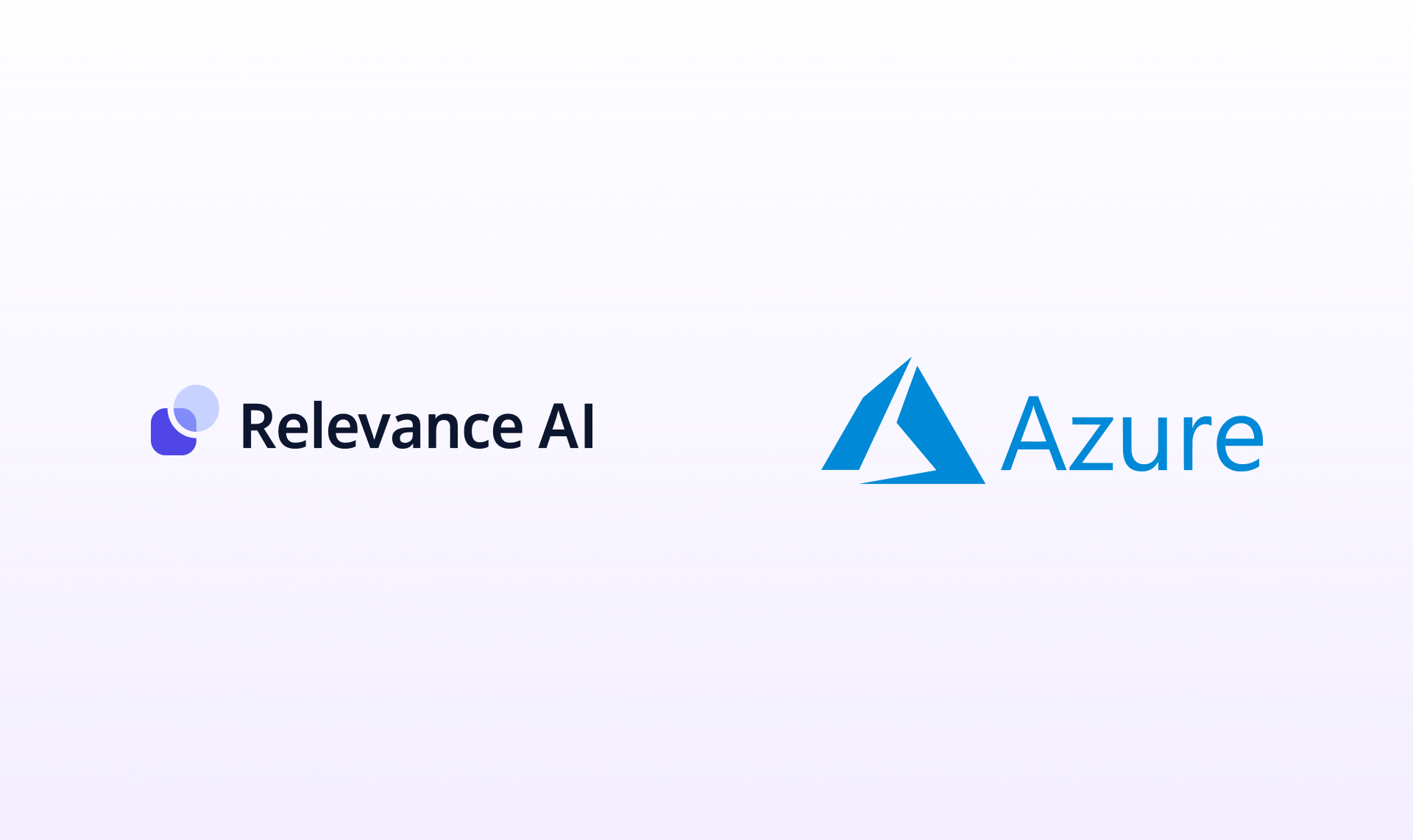
Understanding the Role of AI in HR Management
Artificial Intelligence (AI) has become a transformative force in various sectors, including Human Resource Management (HRM). But what exactly is AI and how does it impact HRM? Let's delve into it.
AI in HRM: A Functional Overview
AI, in its simplest form, is a machine-based system that interprets external data, learns from it, and uses that knowledge to achieve specific goals. In HRM, AI's role has been primarily functional, with its application visible in various tasks such as data mining for employee selection, employee development technologies, and new employee recruiting through social networking sites using data extraction tools.
Challenges and Potential HRM Strategies with AI
However, the integration of AI in HRM has not been without challenges. Employees face toxic decision processes and competitive threats due to the growing prevalence of AI in the workplace. The fear of job loss, resistance to change, and organizational inertia are some of the barriers to implementing AI in HRM. But can these challenges be mitigated? Absolutely, through training, creating a conducive environment, fostering collaboration and communication, and focusing on performance improvement.
The Future of AI in HRM
The future of AI in HRM looks promising, with the potential to transform talent onboarding, development, and offboarding processes. The interaction between AI and human workers is expected to shape the way people work and how their performance is measured and managed. However, this interaction also brings about a plethora of questions and challenges for HRM managers and employees alike.
Exploring the AI Agent Builder in HR Management
What is an AI Agent Builder?
AI agents are computer programs or systems that perceive their environment, make decisions, and act to achieve specific goals. These agents operate autonomously, not requiring direct control from a human operator. AI agent builders allow for the creation of these AI agents, which can be used to automate specific tasks in HRM, thereby increasing efficiency and productivity.
How AI Agent Builders Enhance HRM Efficiency
AI agent builders have been instrumental in transforming HR functions, filling skills gaps in organizations, and enhancing productivity through smart sensory mechanisms. But how exactly do they do this? By automating repetitive tasks, freeing up human workers to focus on more complex and strategic tasks.
Unveiling the Benefits of AI in HR Processes
Automating Repetitive Tasks
One of the key benefits of AI in HR processes is the automation of repetitive tasks. This not only increases efficiency but also allows human workers to focus on more complex and strategic tasks.
Enhancing Decision-Making with Data-Driven Insights
AI can also help in making more informed decisions by providing data-driven insights. This means HR managers can make better decisions based on solid data, rather than relying on gut feelings or intuition.
Transforming the Recruitment Process
Furthermore, AI can enhance the recruitment process by screening candidates more efficiently and accurately. This means HR managers can find the best candidates for the job, faster and with less effort.
Harnessing the Power of AI for a Productive Workforce
Overcoming Challenges for Successful AI Integration
However, the successful integration of AI in HRM requires overcoming various challenges and implementing effective strategies. This includes training employees, creating a conducive environment, fostering collaboration and communication, and focusing on performance improvement.
The Future of HRM with AI
The future of HRM lies in harnessing the power of AI to create a more efficient and productive workforce. By automating tasks, enhancing decision-making, and transforming HR functions, AI has the potential to revolutionize HRM.
Ready to harness the power of AI in your HR processes? Sign up to Relevance AI for free and hire your own AI Agent. Get to value in less than a few minutes and start transforming your HR processes today.









